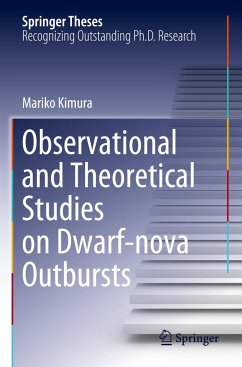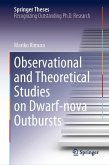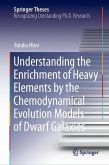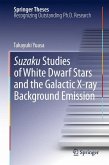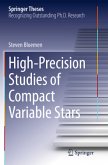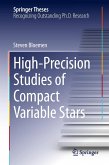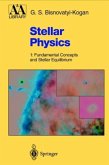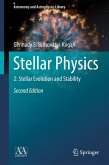Accretion disks are ubiquitous in our universe, and produce intense brightening. How does the gas in the disk lose its angular momentum to release massive amounts of gravitational energy? This is one of the biggest open questions in astronomy. This book studies four types of newly detected outbursts in dwarf novae through optical observations and/or numerical simulations and puts forward physical interpretations of these outbursts on the basis of the disk instability model, the most plausible model for dwarf-nova outbursts. It demonstrates that the disk-instability model can explain rich variety in dwarf-nova outbursts if some new aspects are taken into account (e.g. the extremely slow growth of tidal instability and thermal instability in the disk misaligned against the binary orbital plane). Moreover, it shares valuable insights on the evolution of binary systems by finding period bouncers and dwarf novae with F-type companion stars, which are rare objects.
Bitte wählen Sie Ihr Anliegen aus.
Rechnungen
Retourenschein anfordern
Bestellstatus
Storno

